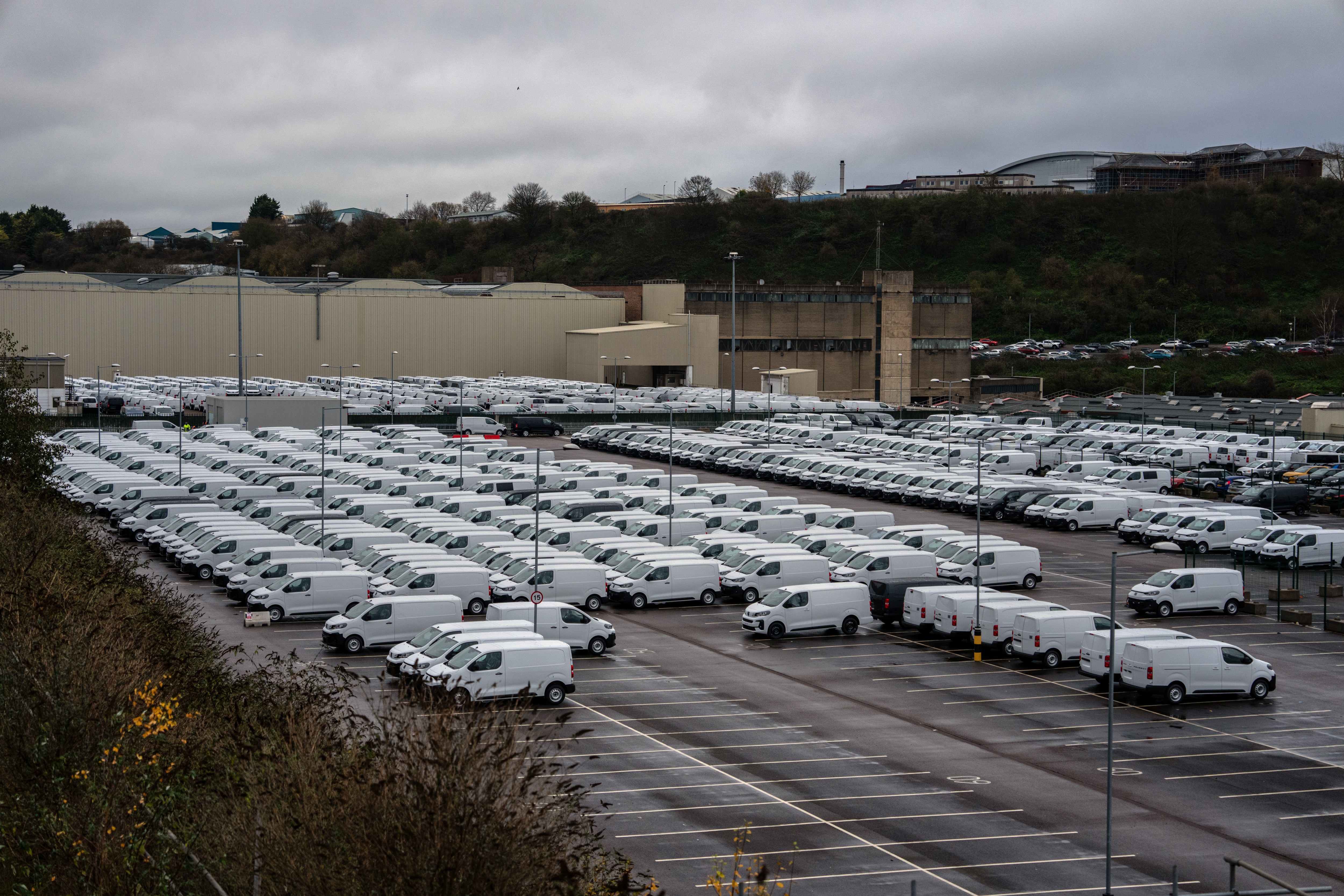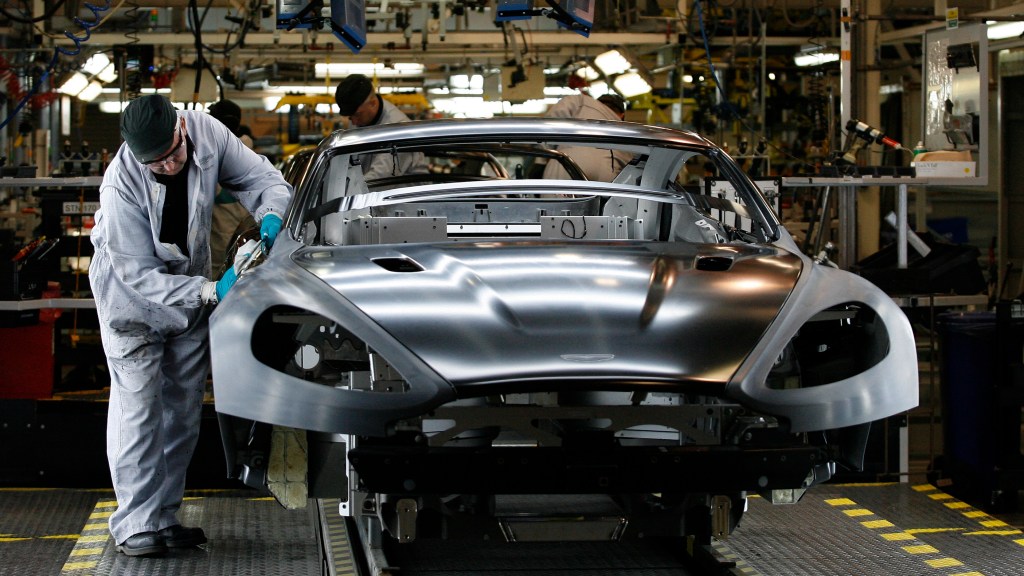UK Automotive Industry Faces Continued Decline in Production
The automotive manufacturing sector in the UK has reported a continued decline, marking the eighth consecutive month of reduced output as the industry grapples with the shift towards electric vehicles.
According to data released by the Society of Motor Manufacturers and Traders (SMMT), car production fell by 15.3 percent in October, totaling 77,484 units. This decline has contributed to an overall reduction of 10 percent in output for the year to date.
This downturn comes at a challenging time for the automotive sector, which employs approximately 198,000 individuals. The industry is facing significant upheaval, particularly following Vauxhall’s parent company Stellantis’ announcement of plans to shutter its van manufacturing facility in Luton, potentially affecting 1,100 jobs. The company has cited the UK government’s zero-emission vehicle mandate as a contributing factor.
Mike Hawes, CEO of SMMT, stated, “These are deeply concerning times for the automotive industry, with significant investments in facilities and new zero-emission products under considerable strain.”

Hawes noted that the slowdown in the global electric vehicle market has adversely affected production levels, particularly in the UK, which faces strict targets and an accelerated timeline without adequate consumer incentives to bolster demand.
On Tuesday, Stellantis unveiled its plans to streamline its UK van production, aiming to establish a fully electric hub at its Ellesmere Port site in Cheshire, accompanied by an investment of £50 million.
The decision is influenced by the stringent UK zero-emission vehicle mandate requiring at least 22 percent of new vehicles sold by each manufacturer in the UK this year to be zero-emission, with expectations for the percentage to increase annually.
Business Secretary Jonathan Reynolds informed MPs that the government had taken significant measures to avert the factory’s closure and indicated plans to review the zero-emission vehicle mandate as part of consultations related to the government’s goal of prohibiting the sale of new petrol and diesel vehicles by 2030.

In a related discussion, Liam Byrne, chairman of the business select committee, has reached out to Reynolds with inquiries regarding local support and measures to enhance consumer demand for electric vehicles, which many manufacturers have raised as a significant concern.
The most recent SMMT statistics indicate that the production of battery electric, plug-in hybrid, and hybrid electric vehicles decreased by a third last month, with 24,719 units produced, accounting for 31.9 percent of total output.
Overall, production for both domestic and international markets declined in October, dropping by 4.7 percent and 17.6 percent, respectively, with approximately 80 percent of vehicles exported.
Hawes expressed, “The financial burden of generating demand and meeting these targets is substantial and unsustainable. Immediate action is needed, and we are committed to collaborating with the government to conduct a rapid review of regulations and to develop an ambitious and comprehensive industrial strategy to maintain our competitiveness.”




Post Comment